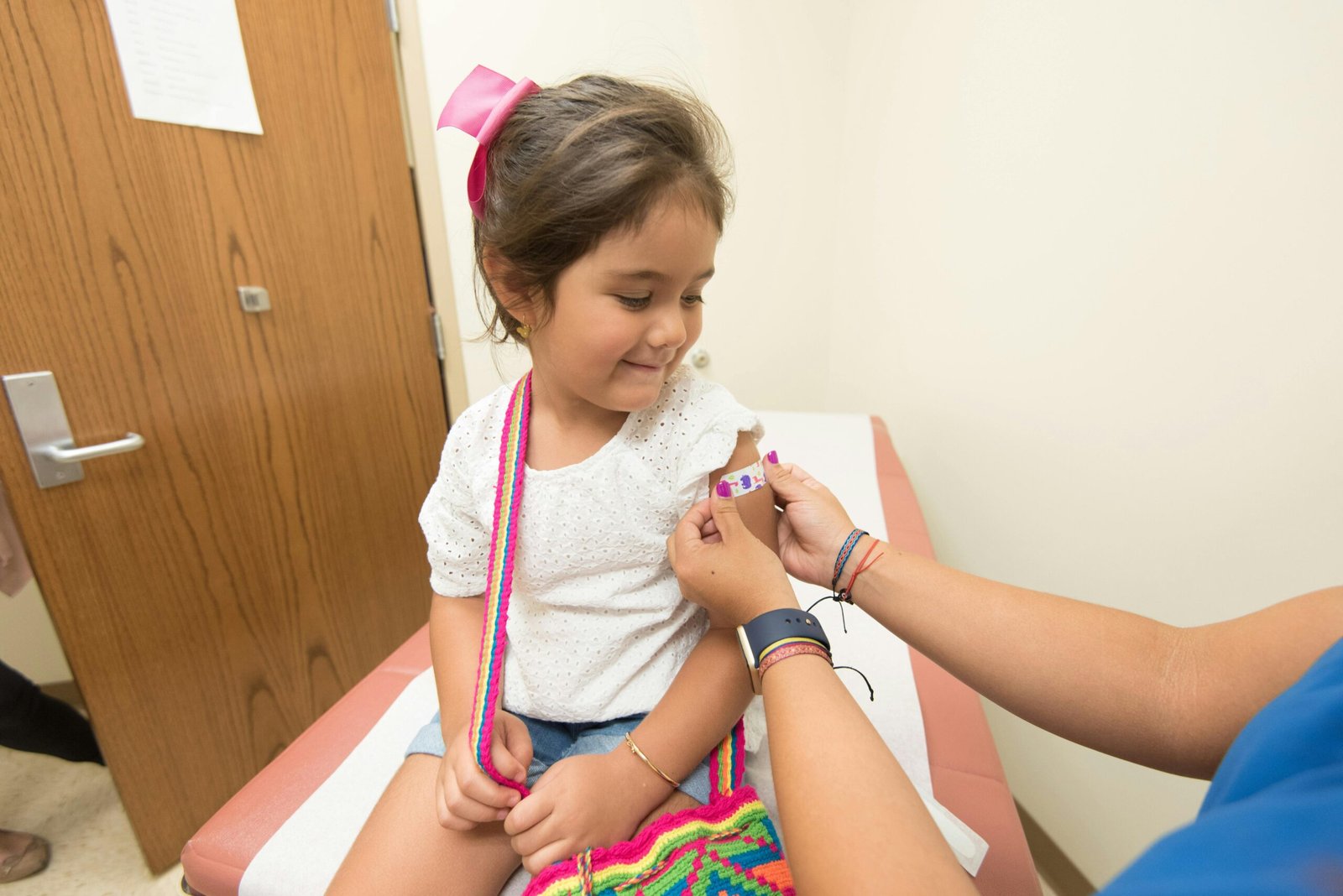The ongoing conflict in Gaza has created a humanitarian crisis, further exacerbated by the recent detection of the polio virus in the coastal enclave’s sewage waters. In response, the World Health Organization (WHO), with assistance from the United Nations Relief and Works Agency (UNRWA), has launched the third round of polio vaccinations in Gaza. This critical initiative aims to vaccinate 591,000 children by February 26, 2024, to prevent a potential polio outbreak in the region.
This article explores the significance of this vaccination campaign, the challenges faced, and the broader implications for polio eradication efforts worldwide. We’ll also address common questions like “polio vaccine near me” and “polio vaccine schedule” to help readers understand the importance of immunization.
The Polio Threat in Gaza: A Looming Crisis
Polio, or poliomyelitis, is a highly contagious disease caused by the polio virus. It primarily affects children under five and can lead to paralysis or even death. The detection of the virus in Gaza’s sewage waters has raised alarms, as it indicates the potential for a widespread polio outbreak.
- Why Gaza is at Risk:
- Overcrowded living conditions and poor sanitation create an ideal environment for the virus to spread.
- The ongoing conflict has disrupted healthcare services, making it difficult to implement preventive measures like the polio vaccine schedule.
- Limited access to clean water and hygiene facilities increases the risk of transmission.
- Global Context:
- The Global Polio Eradication Initiative has made significant progress in reducing polio cases worldwide. However, the detection of the virus in Gaza highlights the ongoing challenges in achieving polio eradication.
The Vaccination Campaign: Key Details
The WHO, in collaboration with UNRWA, has launched an emergency vaccination campaign to protect children in Gaza. Here’s what you need to know:
1. Target Population
- The campaign aims to vaccinate 591,000 children under the age of five.
- This includes both the oral polio vaccine (OPV) and the inactivated polio vaccine (IPV) to ensure comprehensive protection.
2. Timeline
- The third round of vaccinations began on [insert date] and will continue until February 26, 2024.
- Previous rounds were conducted in [insert months], but the ceasefire has allowed for a more coordinated effort this time.
3. Logistics and Challenges
- Vaccinators are working under difficult conditions, including limited resources and the risk of renewed conflict.
- Mobile vaccination teams are being deployed to reach children in hard-to-access areas.
- Public awareness campaigns are being conducted to address vaccine hesitancy and ensure high participation rates.
Types of Polio Vaccines Used
The campaign utilizes two main types of vaccines to combat the polio virus:
1. Oral Polio Vaccine (OPV)
- The OPV vaccine is administered orally and contains a weakened form of the virus.
- It is highly effective in preventing transmission and is commonly used in mass vaccination campaigns.
2. Inactivated Polio Vaccine (IPV)
- The IPV vaccine is given as an injection and contains a killed version of the virus.
- It is often used in combination with OPV to provide long-lasting immunity.
For those wondering about “polio vaccine near me” or “polio vaccine schedule for adults,” it’s important to note that these vaccines are widely available globally. In the U.S., for example, you can find the polio vaccine at CVS, Walgreens, and other pharmacies.
The Importance of Polio Vaccination
Polio vaccination is one of the most effective ways to prevent the spread of the polio virus. Here’s why this campaign is so crucial:
1. Preventing Outbreaks
- Vaccination helps build herd immunity, reducing the risk of a polio outbreak.
- The detection of the virus in Gaza’s sewage waters underscores the need for urgent action.
2. Protecting Vulnerable Populations
- Children under five are particularly vulnerable to polio. Vaccination ensures their protection against this debilitating disease.
3. Supporting Global Eradication Efforts
- The Global Polio Eradication Initiative aims to eliminate polio worldwide. Campaigns like this one in Gaza are essential to achieving this goal.
Challenges in Gaza’s Vaccination Campaign
While the vaccination campaign is a step in the right direction, it faces several challenges:
1. Conflict and Instability
- The ongoing conflict in Gaza has disrupted healthcare services and made it difficult to reach all children.
- The ceasefire provides a temporary window of opportunity, but the situation remains volatile.
2. Vaccine Hesitancy
- Misinformation and fear about vaccines can lead to low participation rates.
- Public awareness campaigns are crucial to addressing these concerns.
3. Resource Constraints
- Limited funding and resources can hinder the effectiveness of the campaign.
- International support is needed to ensure the success of this initiative.
What Can You Do to Help?
The fight against polio is a global effort. Here’s how you can contribute:
- Get Vaccinated:
- If you’re unsure about your vaccination status, check the CDC recommendations for polio vaccine for adults or visit a local pharmacy like CVS or Walgreens for a polio booster.
- Spread Awareness:
- Share information about the importance of polio vaccination on social media and in your community.
- Support Global Initiatives:
- Donate to organizations like the Global Polio Eradication Initiative to support their efforts.
Conclusion
The third round of polio vaccinations in Gaza is a critical step in preventing a potential polio outbreak and protecting vulnerable children. Despite the challenges posed by conflict and resource constraints, the WHO and UNRWA are working tirelessly to ensure the success of this campaign.
As we mark World Polio Day and reflect on the progress made in the fight against polio, it’s clear that vaccination remains our most powerful tool. Whether you’re looking for a polio vaccine near me or wondering about the polio vaccine schedule, remember that immunization saves lives.
References:
- World Health Organization (WHO)
- Global Polio Eradication Initiative
- CDC Polio Vaccine Recommendations
- UNRWA Gaza Health Services
- Polio Vaccine Information at CVS
- Walgreens Polio Vaccine Services
By staying informed and supporting global vaccination efforts, we can move closer to a world free of polio.



I am really inspired together with your writing talents
and also with the layout to your blog. Is this a paid subject or did you
modify it yourself? Either way keep up the nice quality writing,
it is rare to peer a great blog like this one these days.
Snipfeed!